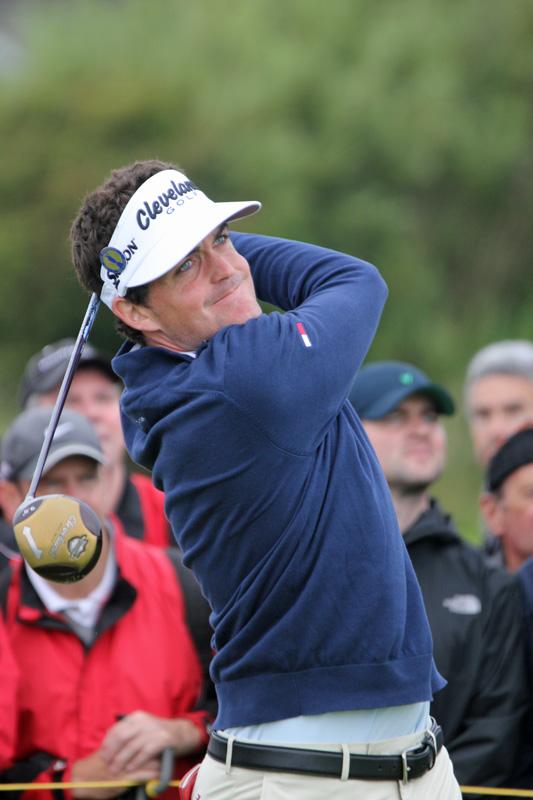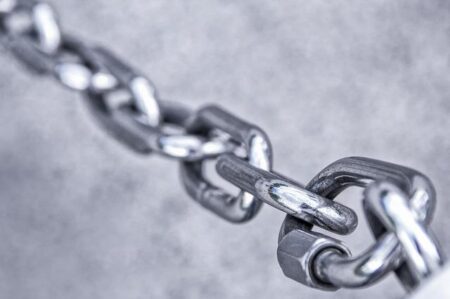In the ever-evolving world of professional golf, few figures have sparked as much debate as Keegan Bradley, particularly in the context of the Ryder Cup. As the competition approaches, fans and analysts alike are vocalizing their opinions about the talented American golfer’s impact on the tournament. But what do these opinions reveal about the individuals expressing them? From die-hard Bradley supporters to staunch critics, the sentiments surrounding his participation reflect broader attitudes toward teamwork, individualism, and the complex dynamics of international competition. This article delves into the psychology behind your stance on Keegan Bradley in the Ryder Cup, exploring how personal preferences in the sport can serve as a mirror to one’s values, biases, and interpretations of success in golf.
Understanding the Psychology Behind Your Keegan Bradley Ryder Cup Views
Every fan’s opinion about Keegan Bradley’s role in the Ryder Cup serves as a window into their broader golfing psychology. For instance, those who idolize Bradley’s tenacity and competitiveness often value underdog stories and team spirit. They may find themselves gravitating towards narratives that celebrate perseverance and passion over raw talent. Links to their personal views might include a belief in the importance of hard work, loyalty to one’s country, and the thrill of intense competition. Conversely, critics who focus on his inconsistencies and past performances may prioritize technical expertise and consistency above all, valuing players who consistently deliver under pressure.
Moreover, the emotional connection fans have with Bradley can also signify their own experiences and expectations within the sport. Individuals who recall his standout moments in past Ryder Cups might be those who cherish nostalgia and the lore of golf history, finding inspiration in great legacies. In contrast, fans who question his selection could exhibit a desire for innovation and a fresh approach to team dynamics, often reflecting a broader skepticism towards tradition in sports. This layered understanding of opinions ultimately leads to a richer discussion about personal biases and expectations in professional golf, making each perspective not just an opinion on a player but a reflection of the fan’s identity.
Analyzing the Impact of Personal Bias in Golf Preferences and Fan Engagement
Personal bias plays a significant role in shaping golf fans’ preferences and their emotional engagement with players. When it comes to opinions on Keegan Bradley’s performance at the Ryder Cup, fans often project their personal values, experiences, and affiliations onto their judgments. For instance, those who admire resilience and tenacity are likely to champion Bradley’s grit on the course. In contrast, fans who prefer a more traditional approach may express skepticism about his unorthodox playing style and personality. This phenomenon reflects not only individual taste but also how personal narratives intertwine with sports, creating a rich tapestry of varied opinions that ultimately enhances the viewing experience.
Additionally, demographics and regional loyalties further influence fan engagement, contributing to a diverse landscape of opinions. Factors such as age, location, and social context can dictate how fans relate to players like Bradley. A simple breakdown might shed light on these dynamics:
| Demographic Factor | Influence on Engagement |
|---|---|
| Age Group | Older fans tend to favor traditional styles, while younger fans often embrace bold personalities. |
| Geographic Location | Fans from New England may show greater loyalty to Bradley due to regional pride. |
| Social Media Activity | Active social media users may express opinions influenced by trending narratives. |
This complex interplay reveals how personal preferences are not merely subjective feelings but are shaped by deeper cultural and societal factors. Understanding these layers allows for a more nuanced conversation about the game, bridging divides between fans and enhancing the overall golf experience.
Insights and Conclusions
In conclusion, the varying perspectives on Keegan Bradley’s role in the Ryder Cup not only highlight the complexities of modern golf fandom but also reflect broader societal trends in sports psychology and team dynamics. Whether you view him as a pivotal asset or a contentious figure, your opinion reveals much about your values, priorities, and engagement with the sport. As the Ryder Cup approaches, these discussions will continue to shape conversations around team chemistry, individual performance, and the ever-evolving narrative of golf. For more insights and analysis on the Ryder Cup and its key players, stay tuned to GOLF.com.








